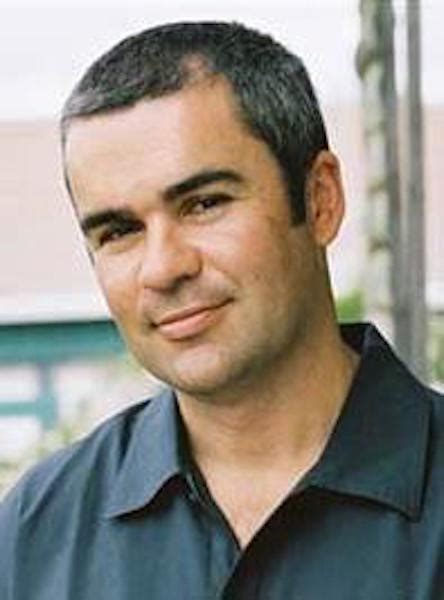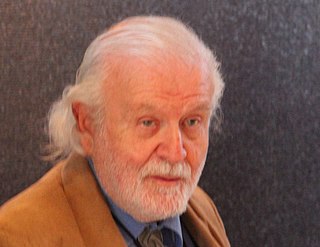A Quote by Joyce Carol Oates
I learned you don't discover the evidence of any cause in its result.
Related Quotes
We’ve been fighting about gay marriage for what, 15-20 years now. Is there any evidence that fighting gay marriage is contributing to a greater appreciation among the broad society of the marital institution? Is there any evidence that the re-institutionalization of marriage is happening as a result of opposing gay marriage? And the best answer I can give to that is 'no.'
There is not a morsel of evidence backing up any of the claims or any of the narratives or any of the premises that make up today's news. There is not a morsel of evidence on anybody. There's not a morsel of evidence on Flynn! On Manafort! On Carter Page! There's no evidence on Trump! And yet the reporting goes on. Convicted of high crimes already without a trial. It's a great piece by Eli Lake.
The single most important thing to remember about any enterprise is that results exist only on the outside.The result of a business is a satisfied customer. The result of a hospital is a satisfied patient. The result of a school is a student who has learned something and puts it to work ten years later. Inside an enterprise there are only costs.
If you have evidence that C1 is a cause of E, and no evidence as to whether C2 is also a cause of E, then C1 seems to be a better explanation of E than C1&C2 is, since C1 is more parsimonious. I call the version of Ockham's razor used here "the razor of silence." The better explanation of E is silent about C2; it does not deny that C2 was a cause. The problem changes if you consider two conjunctive hypotheses.
There exists a mountain of circumstantial evidence that consciousness survives bodily death. This is the kind of evidence that would stand up in a court of law. Some people believe that science needs better tools to quantify what consciousness is. Perhaps when we discover what consciousness is we will be on the road to providing absolute scientific evidence that there is life after death.
Even if the absence of evidence for a given god were not evidence of its absence, it would still be evidence that the belief in that god is unreasonable. That's the only proposition that any atheist of any kind has to demonstrate in order to win the argument. Because anything beyond that... is just having fun.




































